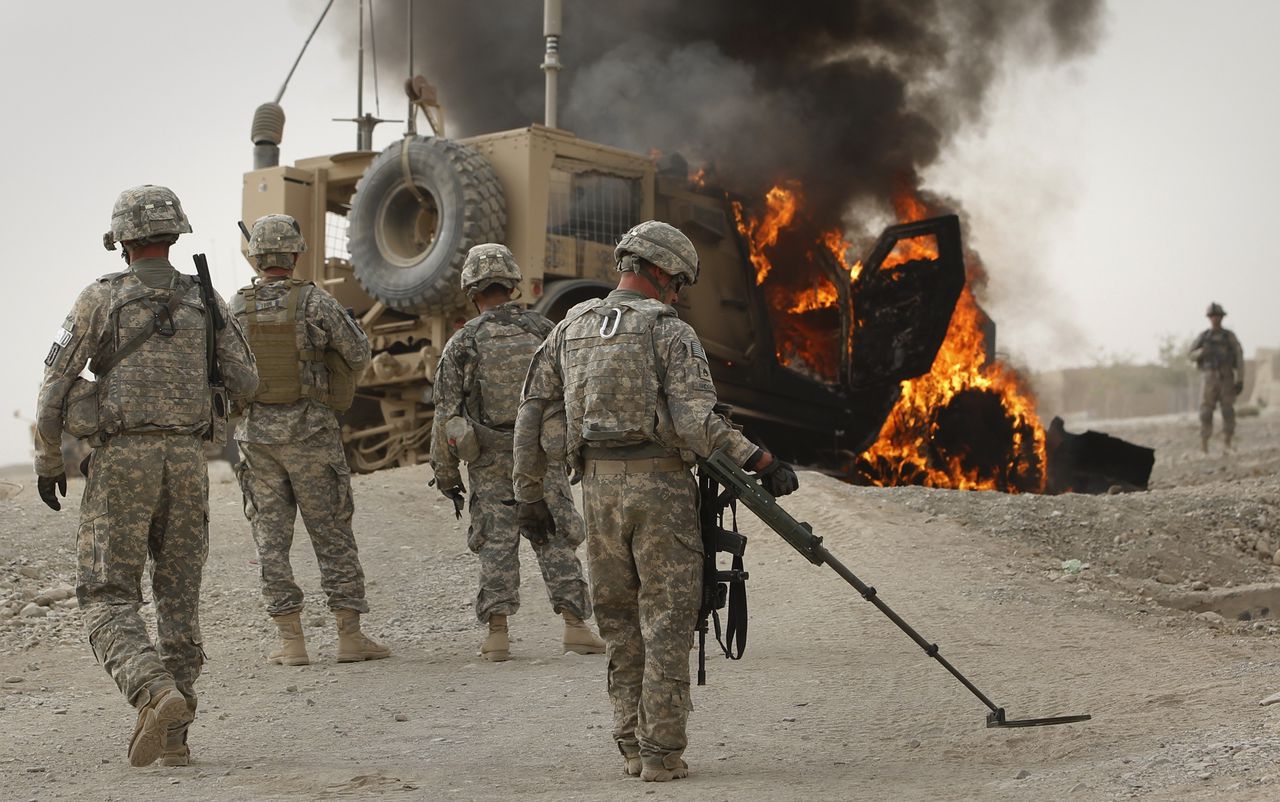
By Andrew Bacevich, October 4, 2020
From Boston Globe
A remarkable reinvigoration of American politics is emerging as an ironic signature of the Trump era.
A new agenda of progressive reform is emerging. The abuses of the Trump presidency are creating a renewed appreciation for the Constitution and the rule of law. The devastation inflicted by the coronavirus is highlighting the need to improve government capacity to respond to unexpected and unforeseen threats. As wildfires and hurricanes increase in fury and frequency, the threat posed by climate change moves to the forefront of American politics. Societal qualities such as resiliency and self-sufficiency are now receiving greater attention. The economic crisis has made it impossible to ignore the defects of neoliberal policies that benefit the rich while condemning others to lives of insecurity and want. And, not least, the Black Lives Matter movement suggests that a collective reckoning with the legacy of American racism may at long last be at hand.
Yet thus far at least, this embryonic Great Awakening overlooks something critically important to the overall prospects for change. That something is America’s role in the world, which is also badly in need of reevaluation and refurbishment.
Since the end of the Cold War, the prevailing conception of American global leadership has emphasized the never-ending accumulation of armed might along with its promiscuous use. The distinguishing qualities of contemporary US national security policy are the size of the Pentagon budget, the sprawling network of US bases abroad, and Washington’s penchant for armed intervention. No nation on the planet comes anywhere close to the United States in any of these three categories.
The operative answer to the classic question “How much is enough?” is “Can’t say yet — gotta have more.”
The operative answer to the more fundamental question “When can we declare victory?” is “Can’t say yet — gotta keep trying.”
When you tally up the total costs, the current national security budget exceeds $1 trillion annually. None of the several wars and armed interventions undertaken in the past two decades, with Afghanistan and Iraq the most prominent, has produced a satisfactory outcome. Estimated total spending on those conflicts (so far) is north of $6 trillion. That’s not including thousands of US troops killed and tens of thousands wounded or otherwise bearing the physical, psychological, or emotional scars of combat. The United States has paid a staggering cost for our recent military misadventures.
I submit that there is something wrong with this picture. And yet, with a few honorable exceptions, Washington appears blind to the yawning gap between effort and outcomes.
Neither political party has shown any serious willingness to confront the consequences resulting from the wholesale militarization of US policy, most especially in the Middle East …
Please read the remainder of this article at Boston Globe.








